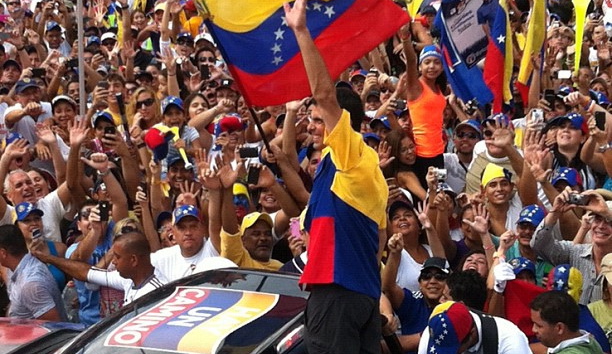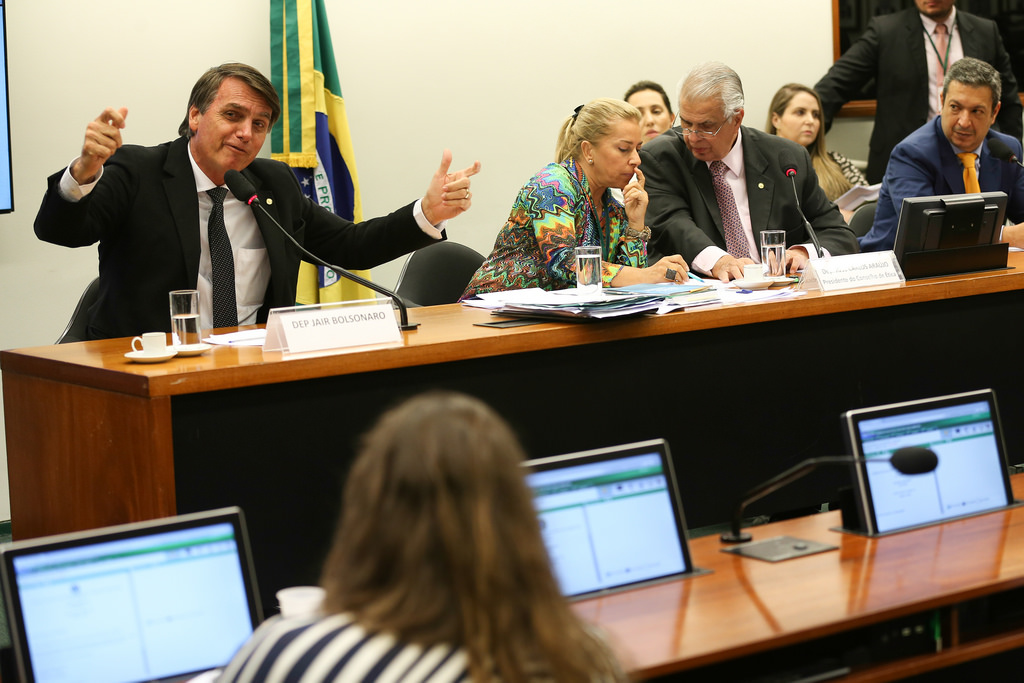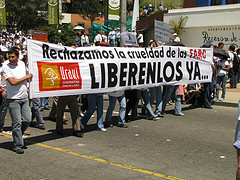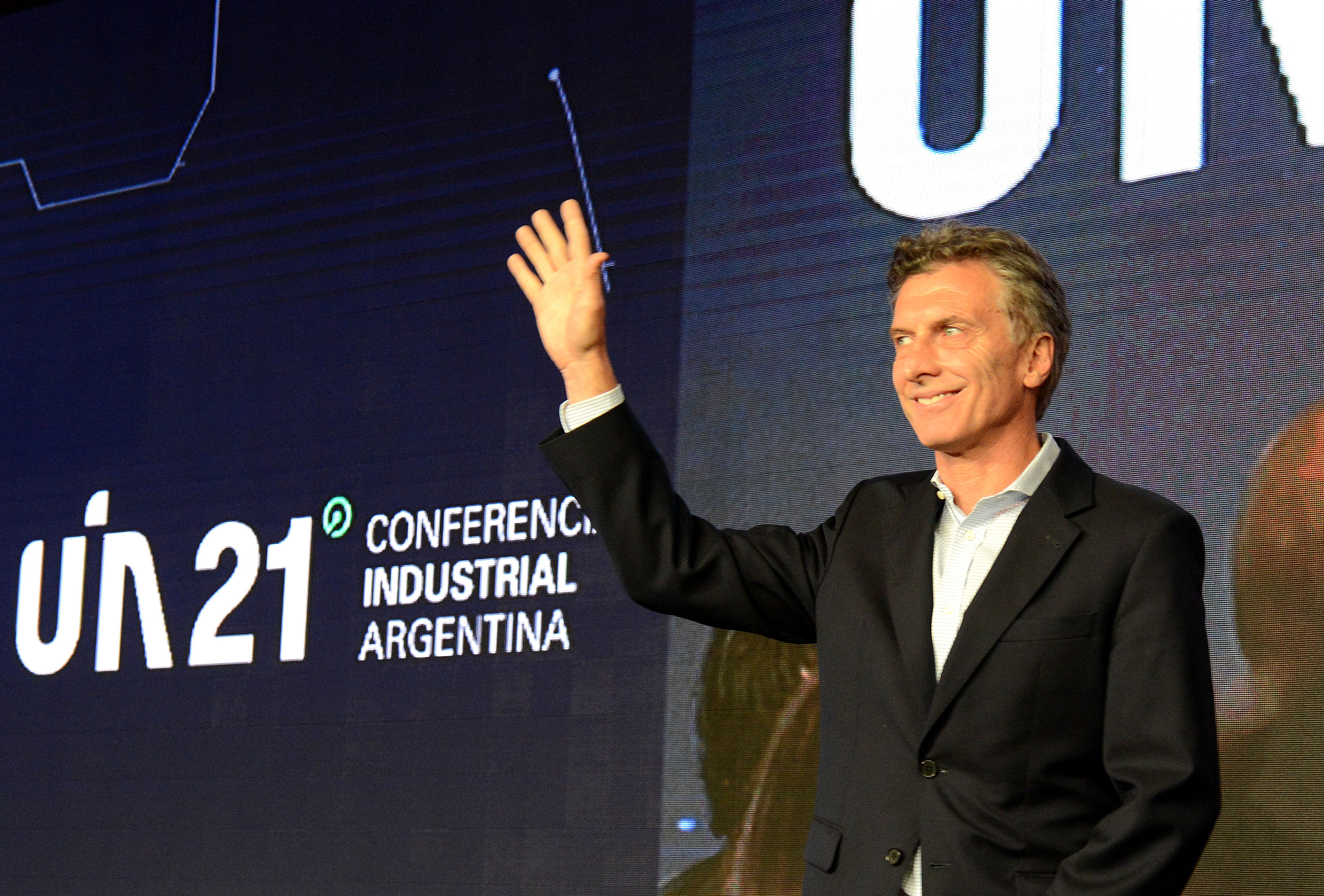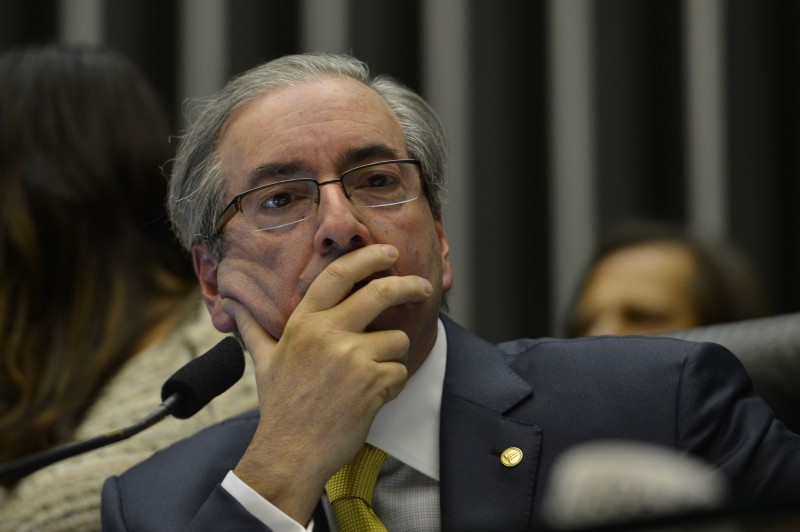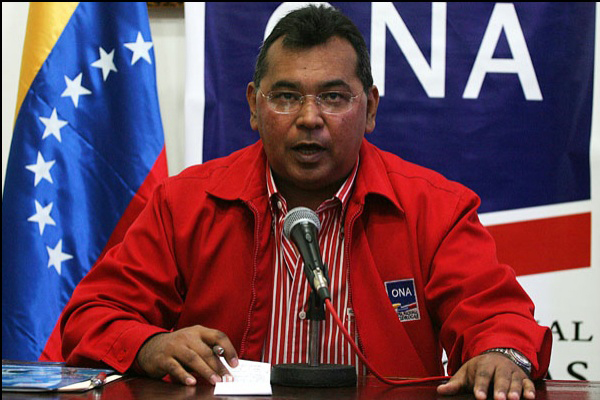
Andes, Latin America: Week in Review, Venezuela
US to Bring Drug Trafficking Charges Against Top Venezuelan Military Official
December 16, 2015 By Staff
Top Story — U.S. authorities will unseal drug trafficking charges against the head of Venezuela’s armed forces, who formerly headed the country’s anti-drug unit, as part of the U.S. government’s sweeping investigation into the role high-ranking officials allegedly played in transforming Venezuela into a global capital for cocaine trafficking.
Néstor Reverol headed Venezuela’s National Drug Office prior to his current appointment as the leader of the National Guard, and was a trusted member of late President Hugo Chávez’s inner circle. U.S. prosecutors accuse him of taking money from drug traffickers, and in return warning them about planned raids and hindering investigations, Reuters first reported, citing an anonymous source familiar with the charges.
Edilberto Molina, also a former member of Venezuela’s National Drug Office, will be charged along with Reverol when an indictment is unsealed in a federal court in Brooklyn.
News of the impending charges against Reverol comes one week after U.S. prosecutors told Spanish newspaper ABC that they were holding off on announcing charges against several high-ranking Venezuelan officials so as to not influence the outcome of parliamentary elections on Dec. 7.
The Wall Street Journal in May reported on a series of drug trafficking probes into Venezuelan officials carried out by the Drug Enforcement Administration in Washington in partnership with prosecutors in New York and Florida. The high-ranking officials — among them National Assembly President Diosdado Cabello, purported to be the most powerful man in the country after President Nicolás Maduro — stood accused of helping transform Venezuela into a major export hub for cocaine.
Reverol did not respond to initial reports about the impending charges against him. He has previously rejected accusations by U.S. authorities, while Maduro has categorized the U.S. investigations into officials’ involvement in drug trafficking as a right-wing attempt to sabotage his socialist government, according to Reuters.
Headlines from the Western Hemisphere
North America
- Mexican officials said Tuesday that they have found at least 19 bodies disposed in a deep gorge in Guerrero state whose remains appear to have been dumped between a month and a year and a half ago. The discovery belongs to an investigation into the disappearances of over 200 people during the past several years in the region.
- DNA evidence has confirmed that the charred bodies found last month in a burnt van in Sinaloa, Mexico, are those of two missing Australian men, the Sinaloa state attorney general said via a spokesman Monday.
- U.S. President Barack Obama spoke in defense of immigration Tuesday during a naturalization ceremony of 31 people at the National Archives in Washington, saying the nation is “born of immigrants,” a symbolic gesture as Republicans debated the issue the same night.
- The state legislature of Tabasco, Mexico, voted 21-9 Monday to ban gay male and foreign couples from having children by surrogacy, a decision that effectively eliminates the practice from Mexico, as Tabasco is the only state where surrogacy is legal.
Caribbean
- The first major league baseball trip to Cuba since 1999 brought Cuban born stars back to their home country Tuesday as part of an effort to re-connect the leagues in both countries after Presidents Obama and Raúl Castro agreed to restore diplomatic relations last year.
- Paris Club creditor nations have threatened Cuba with severe penalties if the country falls behind on its debt payments after the organization already relieved $8.5 billion of the $11.1 billion owed, according to Reuters’ exclusive analysis of the agreement.
Central America
- Former Honduran President Rafael Callejas pleaded not guilty Tuesday in a federal court in New York to charges that he received bribes during his tenure as head of the country’s soccer federation for marketing rights to qualifying matches of future World Cup tournaments.
- The Associated Press published a profile of Guatemalan judge Miguel Ángel Gálvez, the judge who put former President Otto Pérez Molina in jail on corruption charges, an act that the AP says has restored some of the public’s confidence in the rule of law in a country where the rich and powerful have long been seen as controlling the legal system.
Andes
- Venezuelan socialists, headed by National Assembly President Diosdado Cabello, have created a new “National Communal Parliament” that opponents fear is an attempt to create an assembly meant to undermine the opposition-led National Assembly by operating parallel to the legislature, which has happened in some districts where the opposition governs.
- Colombia’s government and FARC rebels signed an agreement Tuesday over how to repatriate the victims of the countries 50-year conflict, including the right to compensation and the creation of a truth commission, part of the ongoing peace process that is meant to end by March 23, 2016.
- Colombia’s Culture Ministry officially refused to disclose to a U.S.-based group the coordinates of the site where the wreck of a Spanish galleon was found off the coast of Cartagena in late November.
- Peru is considering fining Kimberly-Clark — the American corporation behind personal care products like Kleenex — up to 12 percent of its earnings for allegedly conspiring with a competitor for nine years to set prices and coordinate promotions that helped inflate prices by as much as 20 percent.
- Ecuador’s President Rafael Correa announced his country fully repaid its $650 million Global 2015 bond, marking the first time the country has fully repaid a bond in its history, despite Ecuador’s current unfavorable economic climate due to falling oil prices.
Southern Cone
- A federal prosecutor in Argentina is attempting to re-open a case against former President Cristina Fernández that was originally filed by Alberto Nisman, the prosecutor who mysteriously died earlier this year, over his suspicion that Fernández had protected an Iranian official involved in a 1994 Buenos Aires bombing in exchange for trade benefits.
- Some of Brazil’s most popular athletes and entertainers, including soccer player Pelé and singer Chico Buarque, were among 127 people who signed an open letter calling for the resignation of Marco Polo Del Nero, the president of the Brazilian Football Confederation, who was accused of participating in a bribery scheme earlier this month.
- An op-ed in The New York Times written by a University of São Paulo professor lauds the young students currently occupying 100 schools in Brazil in protest of proposed public school closings, and criticizes what he says is the militarized, rigid and out-of-touch response of Brazil’s officials.
- Scientists in Chile fear that light pollution may jeopardize the usually unrivaled astrological visibility in the country’s Atacama Desert, and that ground-based observational astronomy — a growing sector in Chile — is at risk in the long term.
Subscribe to Today in Latin America by Email
